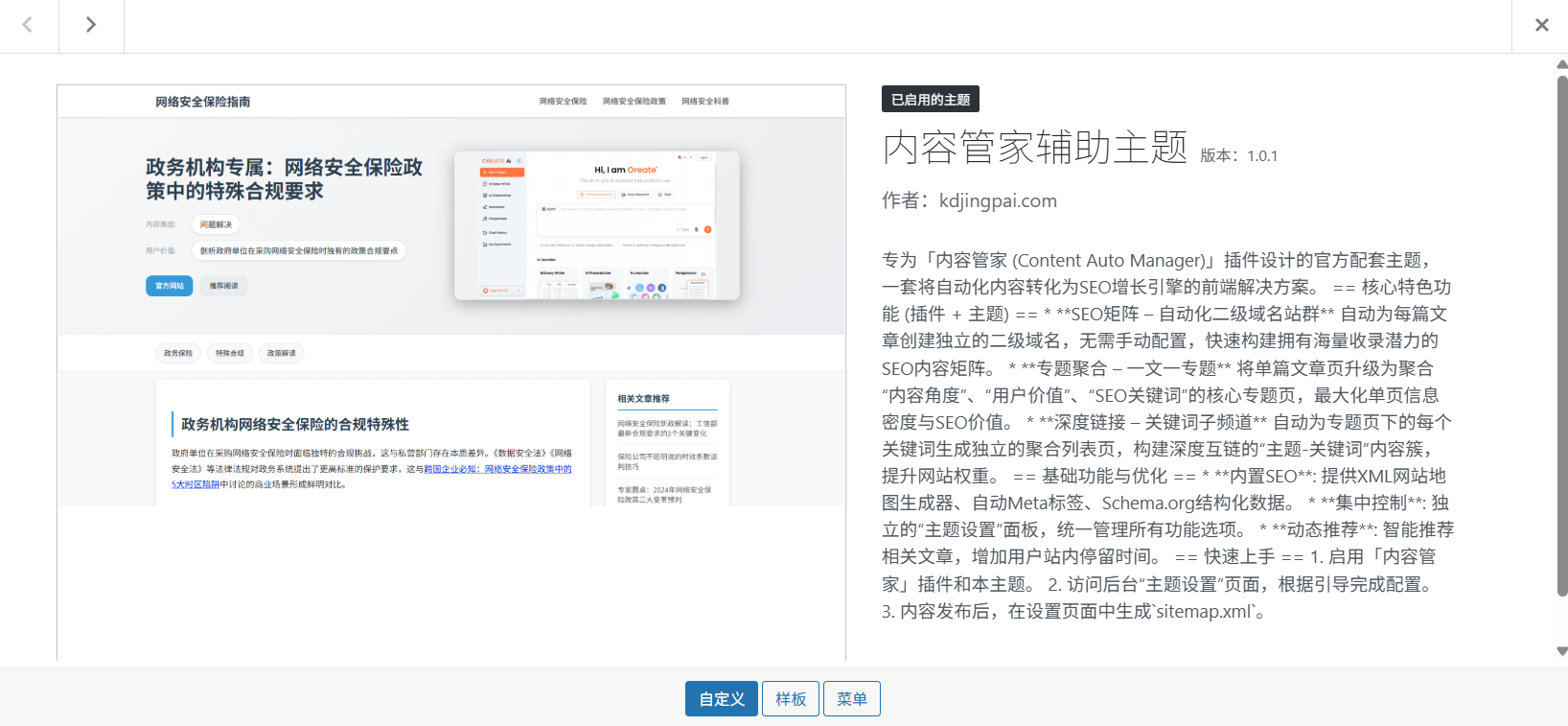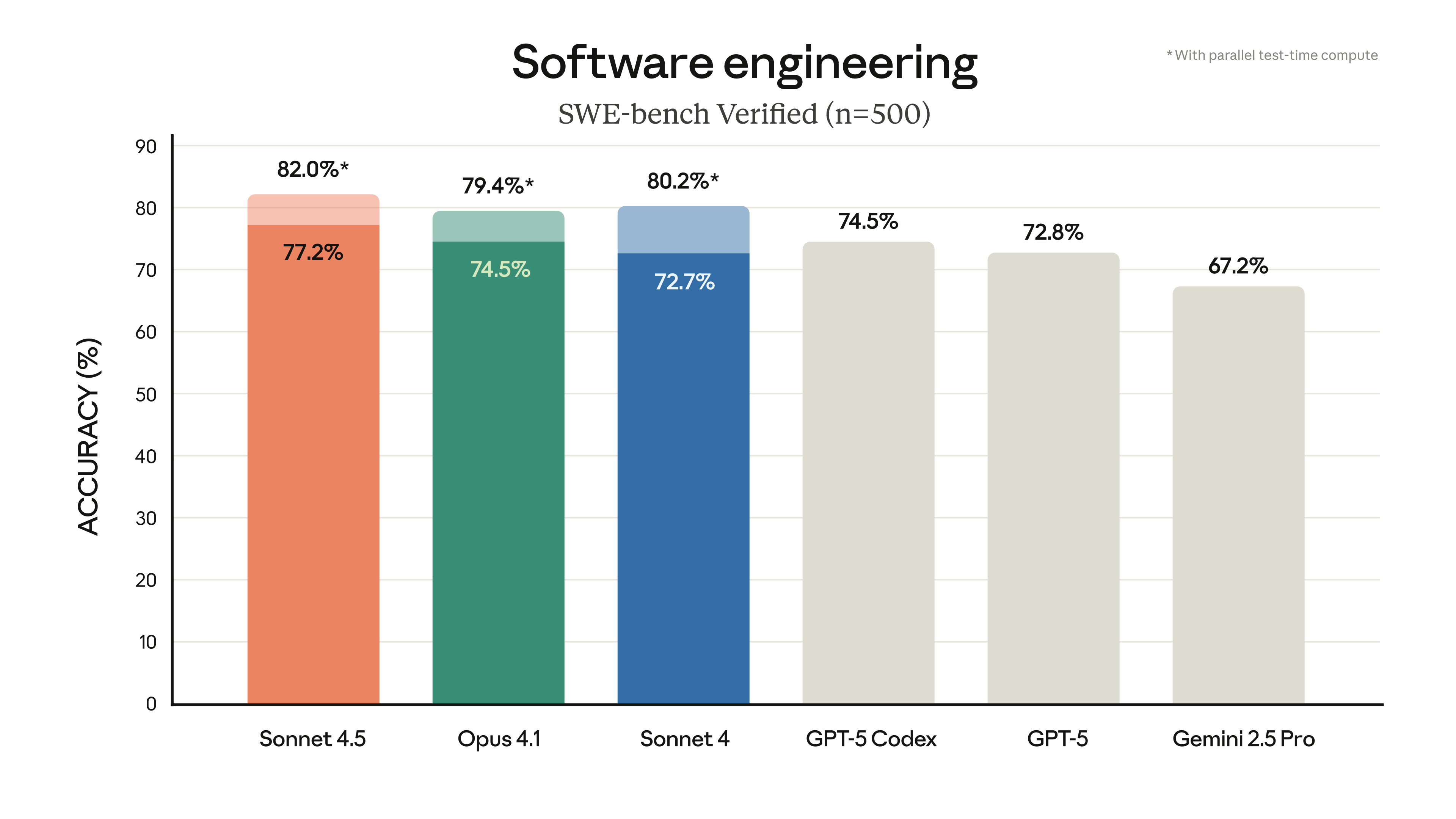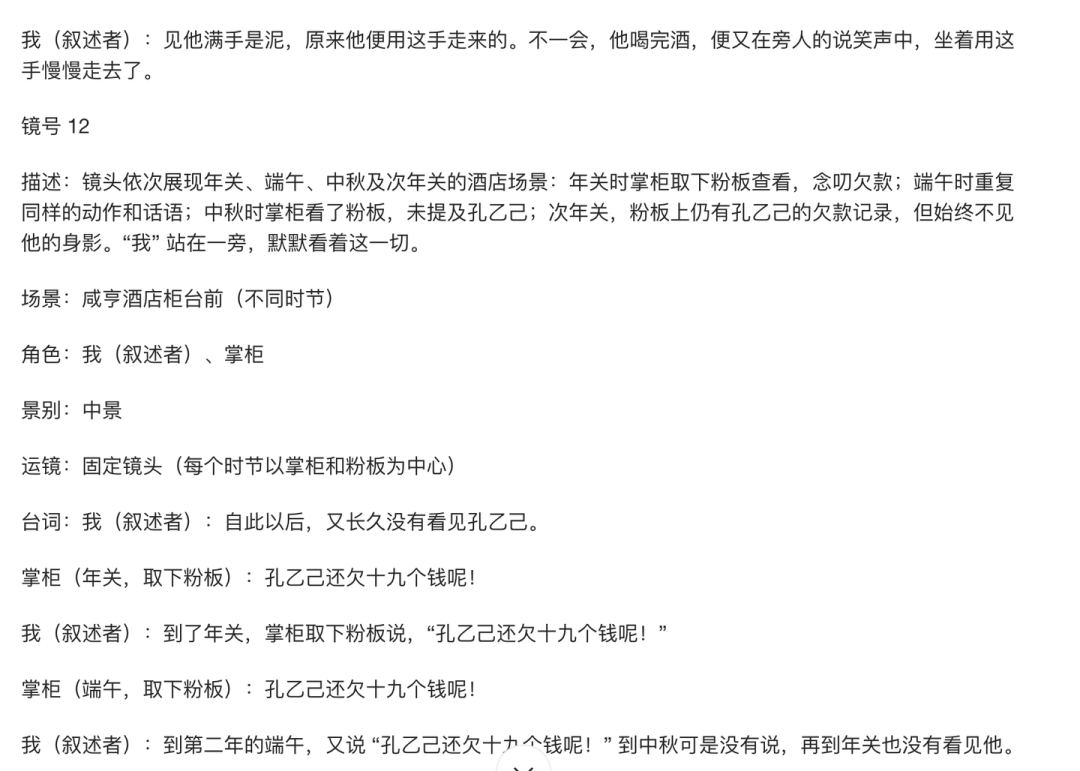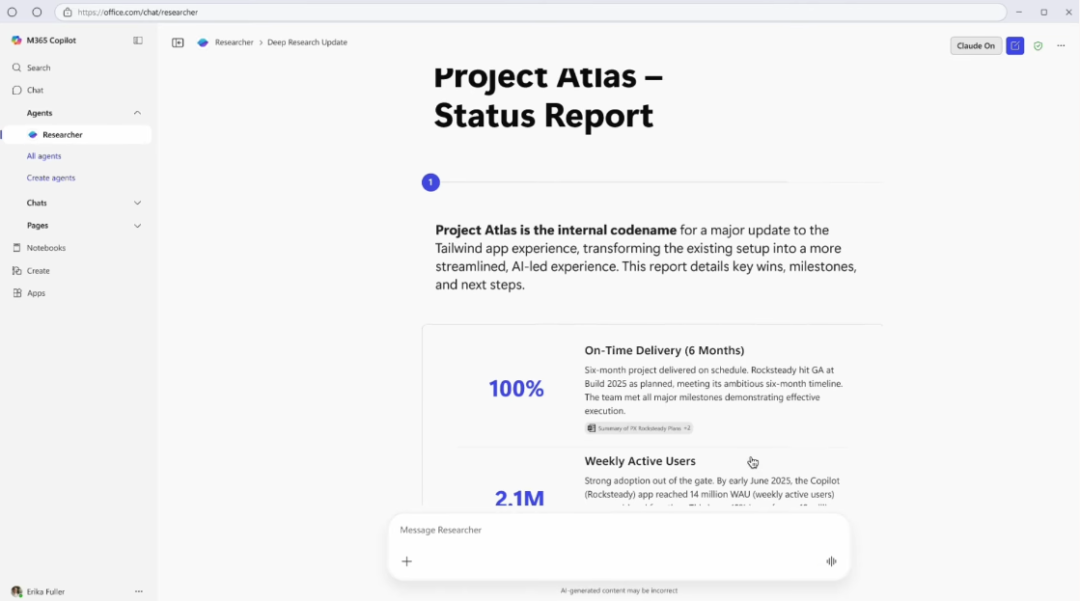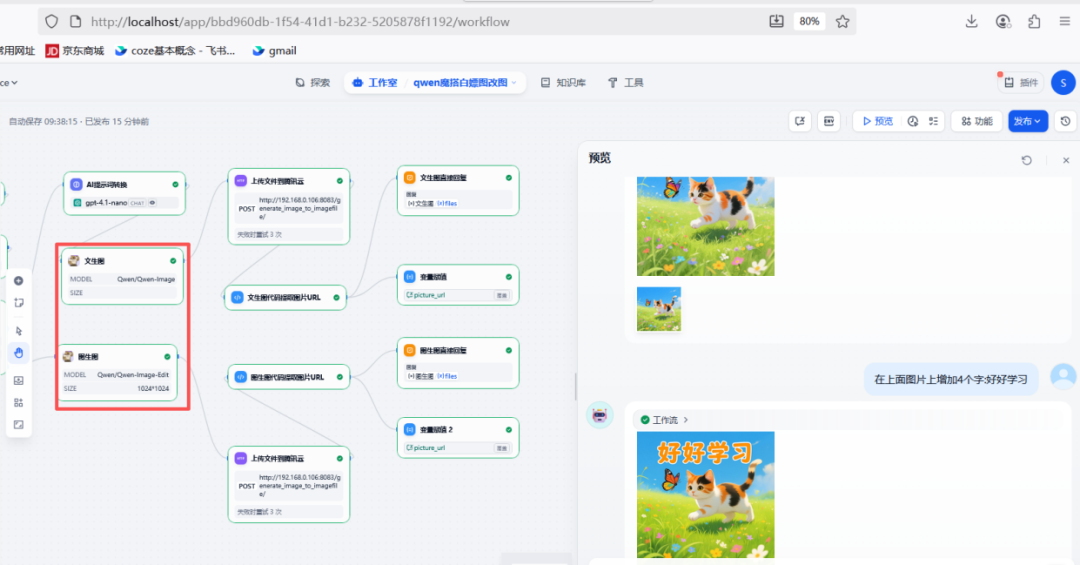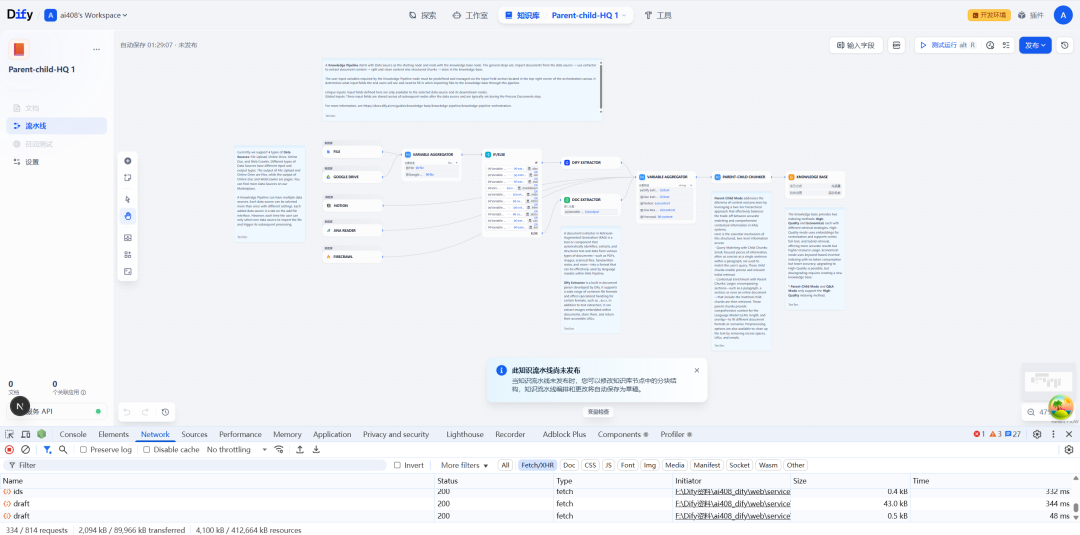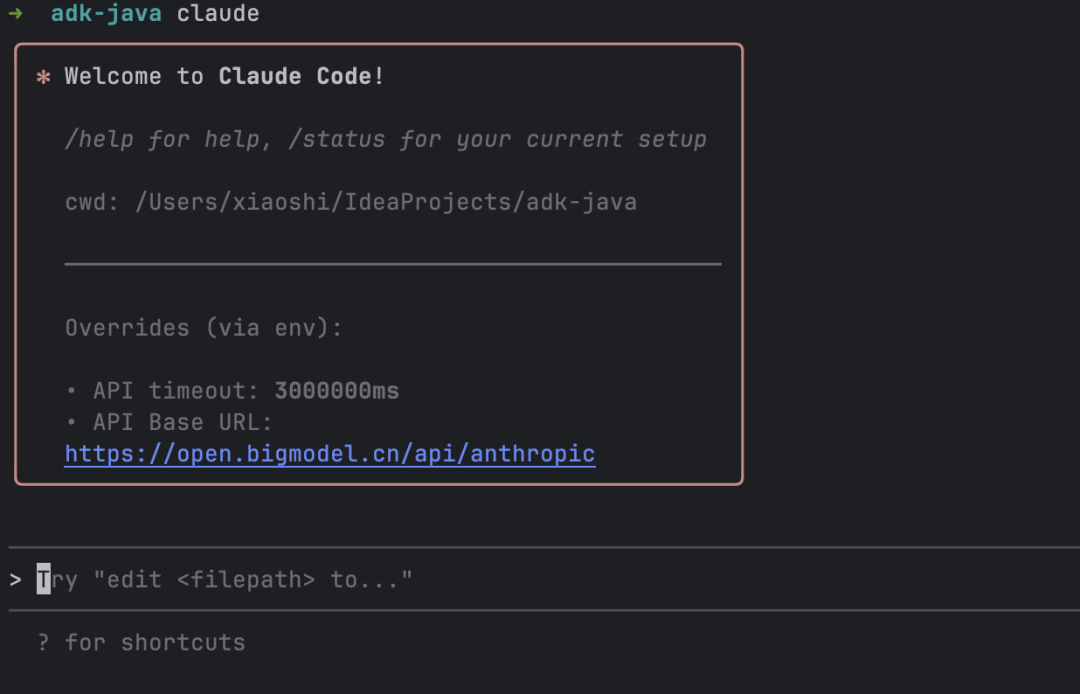MemOS significantly outperforms the traditional large language model in a number of performance metrics:
- Temporal Reasoning Accuracy Improvement 159%: Through effective memory organization and management, MemOS excels in processing time series information
- Overall accuracy improved by 38.98%: Memory enhancement allows the model to give more accurate responses in a variety of tasks
- Reduce token consumption by 60.95%: Efficient memory scheduling mechanism avoids redundant information processing
These advantages mainly come from MemOS' innovative memory management architecture and scheduling algorithm. Specifically, the MemCube architecture allows flexible organization of multiple memory types, the memory scheduling mechanism dynamically allocates memory resources, and the MAG feature enables the model to make full use of contextual memory. The combination of these technologies enables MemOS to excel in complex tasks.
This answer comes from the articleMemOS: An Open Source System for Enhancing the Memory Capacity of Large Language ModelsThe















